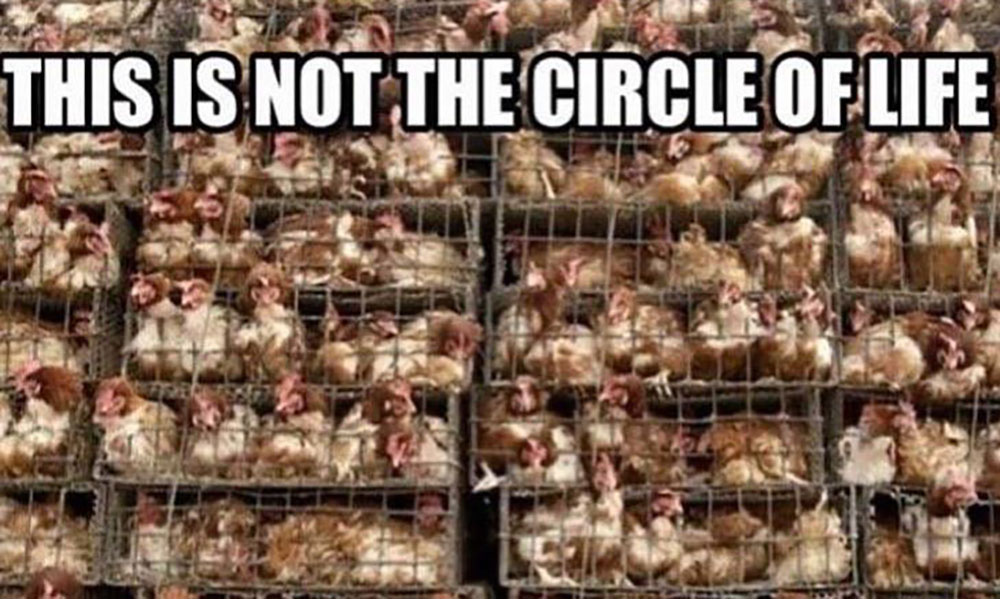
In the quiet corner of a desolate street, a lone dog lay motionless, his frail body curled up against the cold pavement. His eyes, once filled with life and devotion, were now clouded with pain, thick with pus, and barely able to stay open. Yet despite his agony, he remained, unwavering in his silent vigil, waiting for the owner who had long since abandoned him.
For days, passersby saw him there—too weak to move, too heartbroken to leave. The place that had once been his home was now a haunting memory, yet he clung to it, unwilling to accept that the one he loved most would never return. Hunger gnawed at his empty stomach, and his once-beautiful coat had turned to patches of bare, peeling skin. Yet he remained, a symbol of unbreakable loyalty in the face of unbearable suffering.

When we arrived, he barely reacted, his body too weak to acknowledge our presence. Gently, we lifted him, feeling the frailty of his bones beneath our hands. What we thought was mere exhaustion turned out to be something far worse—his body bore the marks of neglect, his legs broken in places that suggested cruelty rather than accident.
Who could do such a thing to a creature so full of love? How could someone abandon him in his weakest moment, leaving him to suffer alone? The injustice of it was suffocating.

The veterinarian’s prognosis was grim. At over ten years old, malnourished, and suffering from severe anemia, his chances were slim. But the spark in his dimming eyes told us he wasn’t ready to give up. He had waited for love, and now, we would make sure he found it again.
The road to recovery was long and arduous. Surgery was risky, but it was his only chance at walking again. The operation took hours, and when it was over, his frail legs were held together with plates, his body finally given a chance to heal. Each day, we watched him fight—against the pain, against the weight of the past, against the belief that he had been forgotten.
And then, something miraculous happened.

One morning, as the sun spilled golden light through the windows, he wagged his tail. A small movement, almost imperceptible, but to us, it was everything. It was his way of saying, “I am still here. I want to live.”
With each passing day, he grew stronger. His appetite returned, his eyes began to clear, and most importantly, his spirit—so cruelly shattered—slowly started to mend. He no longer waited in the same spot, lost in longing. Instead, he began to embrace the warmth of new hands, the safety of a new home, the promise of a future filled with love.
Lucito, as we named him, had found something even greater than the past he mourned. He found a new beginning.
Though his body bore the scars of abandonment, his heart was full once more. And this time, he would never have to wait alone again.

